-
×
 Audio Generator
3 × KSh22,000.00
Audio Generator
3 × KSh22,000.00 -
×
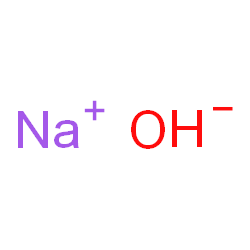 Sodium Hydroxide
1 × KSh970.00
Sodium Hydroxide
1 × KSh970.00 -
×
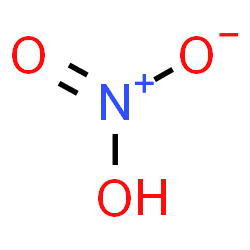 Nitric Acid
1 × KSh1,360.00
Nitric Acid
1 × KSh1,360.00 -
×
 Aspirator Bottle Glass
2 × KSh4,100.00
Aspirator Bottle Glass
2 × KSh4,100.00 -
×
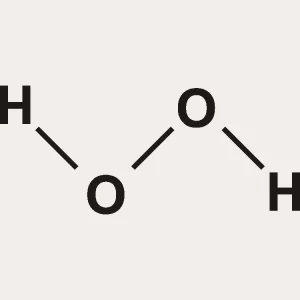 Hydrogen Peroxide
2 × KSh1,420.00
Hydrogen Peroxide
2 × KSh1,420.00 -
×
 Atomic Model Set 60 Balls
1 × KSh3,800.00
Atomic Model Set 60 Balls
1 × KSh3,800.00 -
×
 Magnet Magnadur
1 × KSh1,000.00
Magnet Magnadur
1 × KSh1,000.00 -
×
 Barometer Fortins
1 × KSh7,960.00
Barometer Fortins
1 × KSh7,960.00 -
×
 Atomic Model Set 120 Balls
2 × KSh11,500.00
Atomic Model Set 120 Balls
2 × KSh11,500.00 -
×
 Sodium Carbonate
2 × KSh1,140.00
Sodium Carbonate
2 × KSh1,140.00 -
×
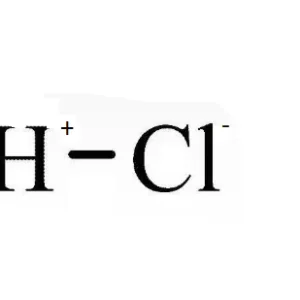 Hydrochloric Acid
3 × KSh2,490.00
Hydrochloric Acid
3 × KSh2,490.00 -
×
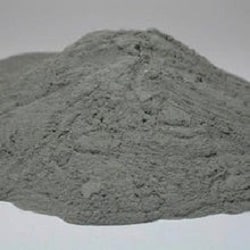 Aluminium Fine Powder
2 × KSh780.00
Aluminium Fine Powder
2 × KSh780.00 -
×
 Balance Mechanical
1 × KSh10,500.00
Balance Mechanical
1 × KSh10,500.00 -
×
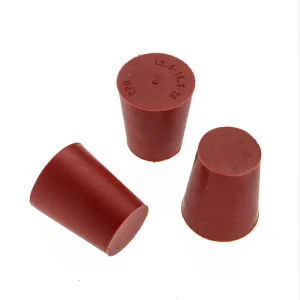 Cork Stoppers
1 × KSh50.00
Cork Stoppers
1 × KSh50.00 -
×
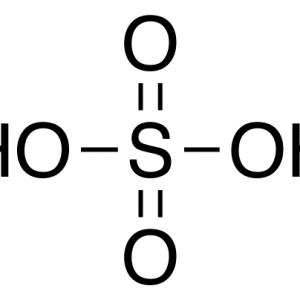 Sulphuric Acid
4 × KSh1,360.00
Sulphuric Acid
4 × KSh1,360.00 -
×
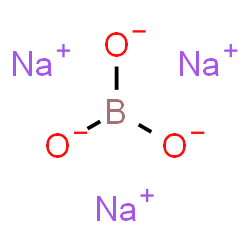 Borax
1 × KSh760.00
Borax
1 × KSh760.00 -
×
 Beaker Plastic 150ml
1 × KSh220.00
Beaker Plastic 150ml
1 × KSh220.00 -
×
 Beaker Plastic 25ml
2 × KSh140.00
Beaker Plastic 25ml
2 × KSh140.00 -
×
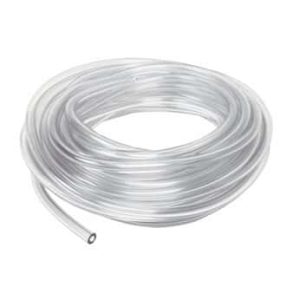 P.V.C Tubing
1 × KSh150.00
P.V.C Tubing
1 × KSh150.00 -
×
 Beaker Plastic 250ml
1 × KSh280.00
Beaker Plastic 250ml
1 × KSh280.00 -
×
 Funnel Plastic
1 × KSh100.00
Funnel Plastic
1 × KSh100.00 -
×
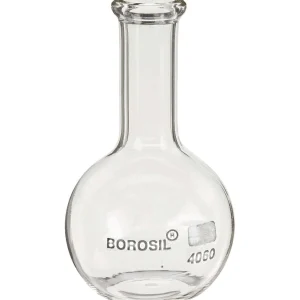 Flask Boiling Flat Bottomed/ Round Bottomed
1 × KSh210.00
Flask Boiling Flat Bottomed/ Round Bottomed
1 × KSh210.00 -
×
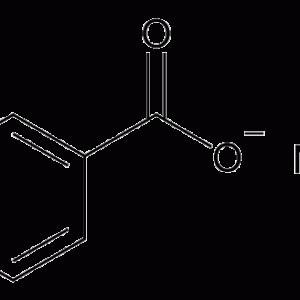 Sodium Benzoate
1 × KSh3,180.00
Sodium Benzoate
1 × KSh3,180.00 -
×
 Acid Accumulator 2v 20ah
2 × KSh3,000.00
Acid Accumulator 2v 20ah
2 × KSh3,000.00 -
×
 Cotton Twine
1 × KSh310.00
Cotton Twine
1 × KSh310.00 -
×
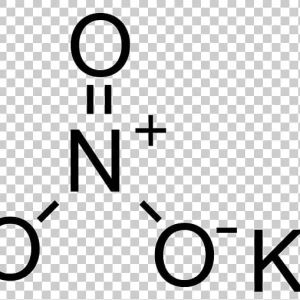 Potassium Nitrate
1 × KSh1,600.00
Potassium Nitrate
1 × KSh1,600.00 -
×
 Ammeter Analog All Ranges
1 × KSh1,300.00
Ammeter Analog All Ranges
1 × KSh1,300.00 -
×
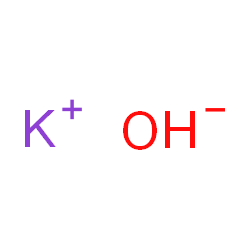 Potassium Hydroxide
2 × KSh2,760.00
Potassium Hydroxide
2 × KSh2,760.00 -
×
 Aluminium Foil
1 × KSh350.00
Aluminium Foil
1 × KSh350.00 -
×
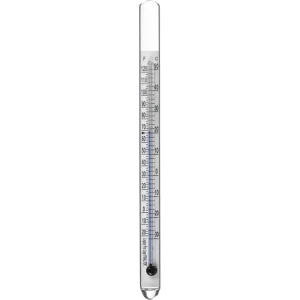 ThermometerThermometer
1 × KSh940.00
ThermometerThermometer
1 × KSh940.00 -
×
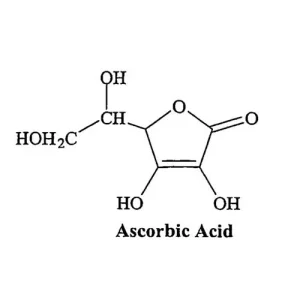 Ascorbic Acid
1 × KSh1,210.00
Ascorbic Acid
1 × KSh1,210.00 -
×
 Bar And Gauge Apparatus
1 × KSh800.00
Bar And Gauge Apparatus
1 × KSh800.00 -
×
 Magnet Bar Pair With Keepers
1 × KSh610.00
Magnet Bar Pair With Keepers
1 × KSh610.00 -
×
 Ethanol
1 × KSh1,710.00
Ethanol
1 × KSh1,710.00 -
×
 Beaker Plastic 100ml
1 × KSh185.00
Beaker Plastic 100ml
1 × KSh185.00 -
×
 Phenolphthalein
1 × KSh1,360.00
Phenolphthalein
1 × KSh1,360.00
Subtotal: KSh169,505.00

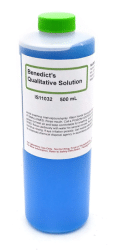

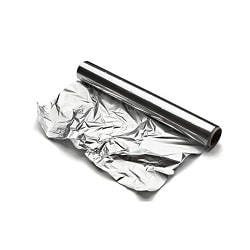

There are no reviews yet.